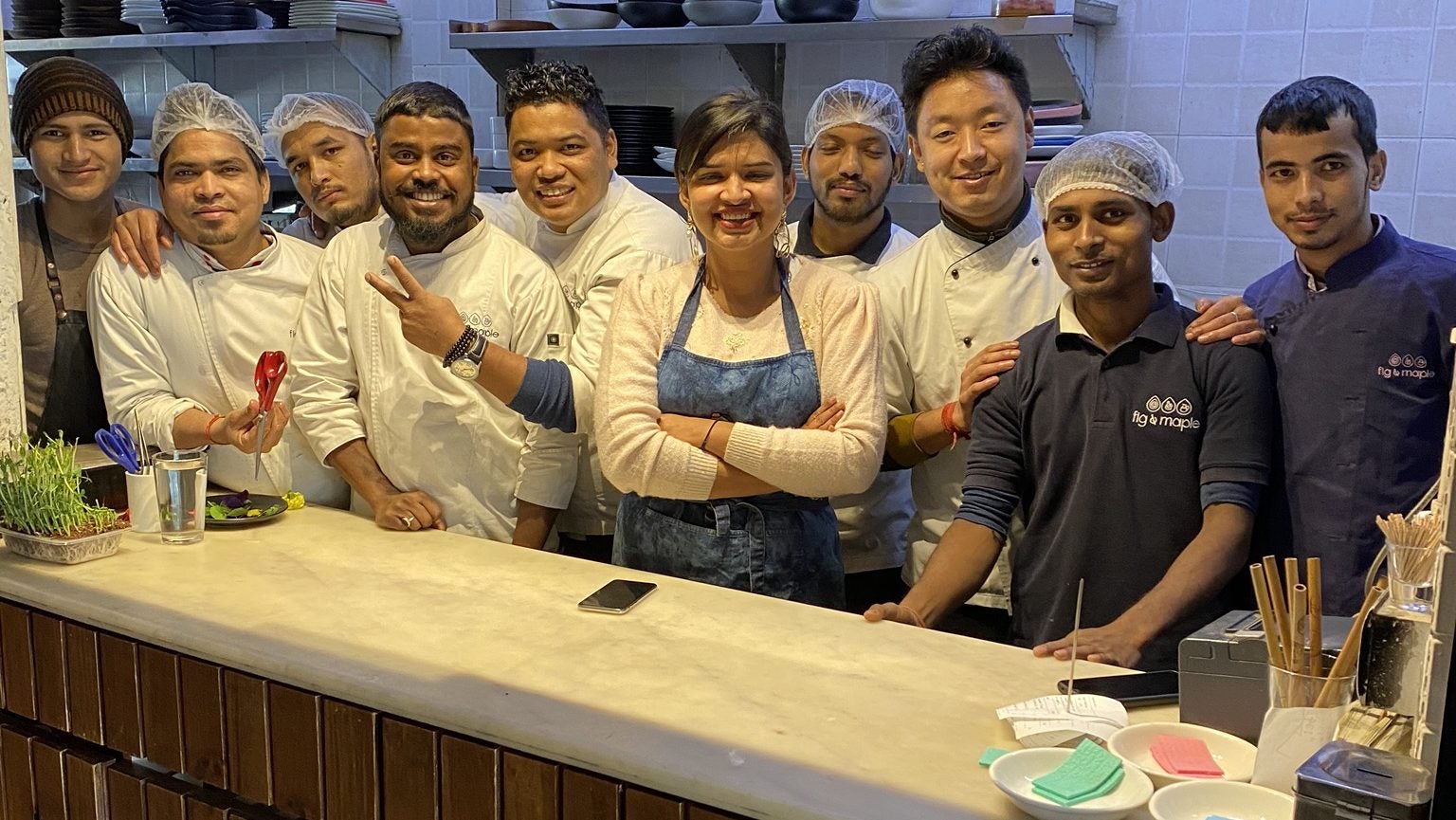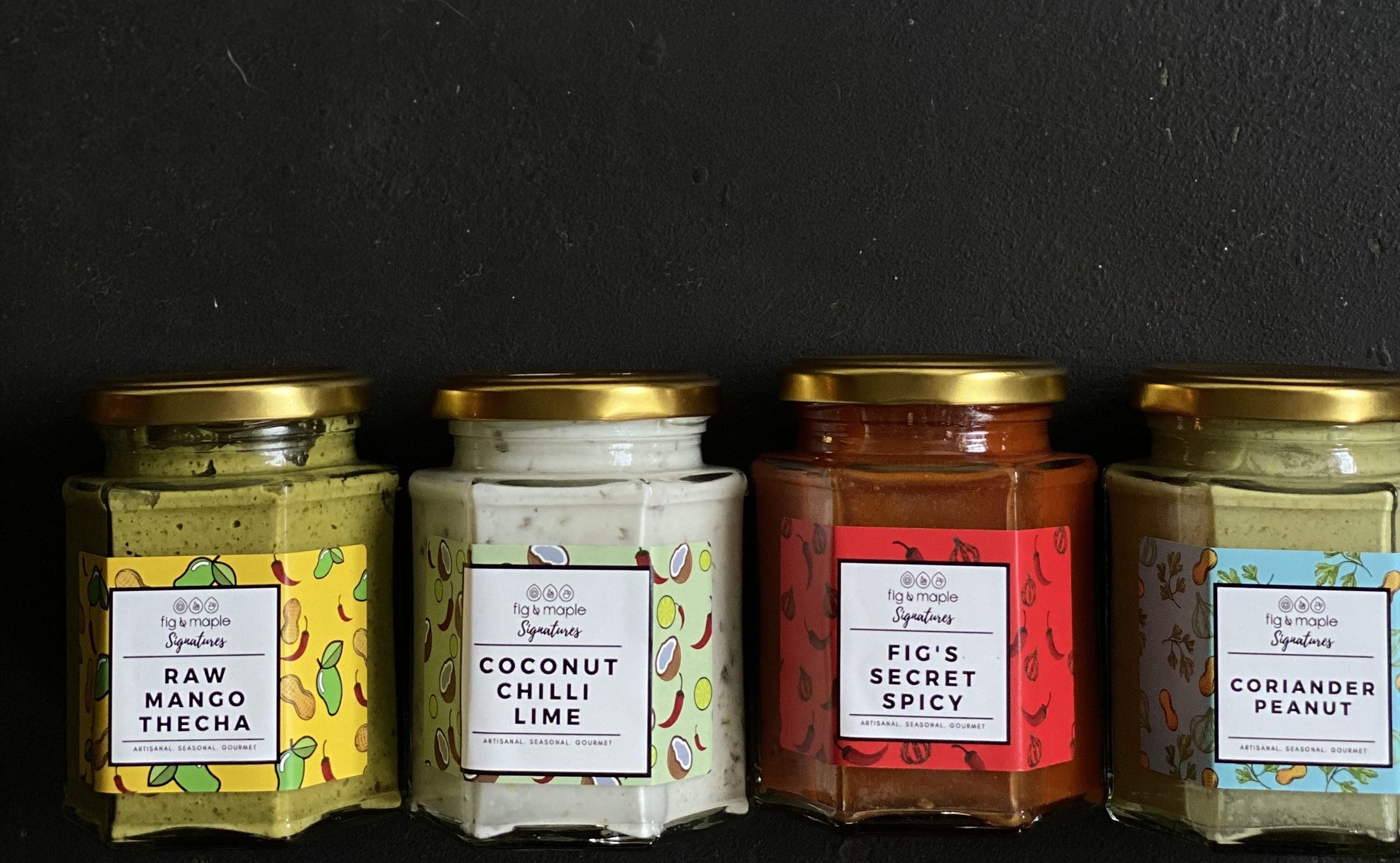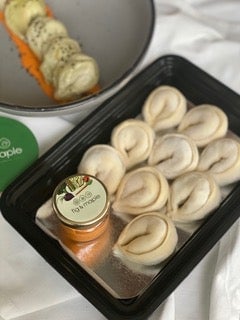How I pivoted my restaurant in Delhi to survive the Covid-19 crisis
I had just returned from Goa in mid-March after three months of consulting on a project. My continental cuisine restaurant, Fig & Maple, in south Delhi’s Greater Kailash, saw great sales that weekend and everything seemed to be going as planned.


I had just returned from Goa in mid-March after three months of consulting on a project. My continental cuisine restaurant, Fig & Maple, in south Delhi’s Greater Kailash, saw great sales that weekend and everything seemed to be going as planned.
But within days, the coronavirus outbreak, which had until then seemed like a distant possibility, became a grave reality. The government had already started considering a lockdown and I realised we would need to shut down our restaurant temporarily.
We closed our doors almost immediately after the cases started spiking in March.
When we shut the doors
My business partner Ravish Bhavnani and I decided that our first priority was going to be our team. We had a meeting with everyone on the staff—from our dishwasher and under-trainees to the waitstaff and managers—to put their minds at ease. We wanted to assure them that they would not be left in the lurch, especially financially.
Once the full lockdown began on March 25, we started delivering food, something we had never done before because we believe in a farm-to-table approach. Our food was our star, so much so that we even kept the dishes at our restaurant black-and-white so that what on the plate would pop. This is why the response to our delivery model was terrible initially.
The fact that delivery companies were either not operating or were short on staff added to the initial failure of our delivery pivot. There was no help in sight and even our most loyal customers were unhappy with what we were serving.
After this, I sat at home for nearly a month. It was a very tough time. But one thing was clear, I knew we had to pivot to survive.
With a twist
I did not want Fig & Maple to be a straight-up restaurant delivery model. This was something everyone was doing and there is ample competition in that space. I felt this was the time to lead the Indian food industry into a new model.
During this time, I had long chats with the farmer who supplies to our restaurant. He said something that resonated with me deeply: This was the first time people would have no choice but to eat locally. But it would still be a while before that happened.
So, we first began by offering DIY cocktail kits to our customers. All they had to do was add the spirit and stir. This was a huge hit, and we even started giving out our signature apothecary bottles with the kits, something we had thus far been super possessive about.
This, though, was still not innovation enough. We needed to do something drastic to survive. That’s how the Fig & Maple Signatures were born.
The mountain comes to Mohammed

There was a growing realisation that while people were afraid to order from a restaurant because of Covid-19, they felt comfortable cooking that food at home. This was also our chance to take super seasonal and immunity-boosting food to people. We started with the sauces that go into the Fig Love Bowl, a dish with seasonal produce, grain, and sauces.
You can’t really copy these sauces because the recipes are complex and, of course, the result of our hard work. So we began by packaging sauces like the Raw Mango Thecha and Fig’s Secret Spicy Sauce. These versatile sauces could be used as dips, as sauces in gravy, or to replicate our signature bowls.
We spent nearly a month researching this before we sent these out to the market. We laboured over the packaging and design. These sauces were tested for their shelf life—indoors, outdoors, in sunlight, inside the fridge, at different temperatures—and we ironed out the nitty-gritty.

A Fig & Maple Signature is essentially a recipe born for a restaurant, which is now packaged so you can replicate it at home. This includes things like flash-frozen dumplings and finer cooking techniques like the sous-vide chicken. But this should not be confused with a DIY meal. This is a pre-assembled offering that you can experience with the least amount of effort at home.
Through this process, we didn’t want to lose focus on our hyperlocal produce goals. So we only add two new items to these Signatures every week. We buy hyper-seasonal produce from our farmer, even things like mulberry that is only in season for a week in Delhi because we want our customers to experience that produce.
The Signatures have allowed us to survive for this month. I am hopeful that a little more brainstorming will help the food and beverage industry overcome this crisis. During this pandemic, the industry has come together as a community for the first time, especially since there has been little help from the government.
And while rental costs are high—and the biggest chunk of the overheads—I am optimistic that with more innovation, we will tide over this time.
As told to Manavi Kapur.